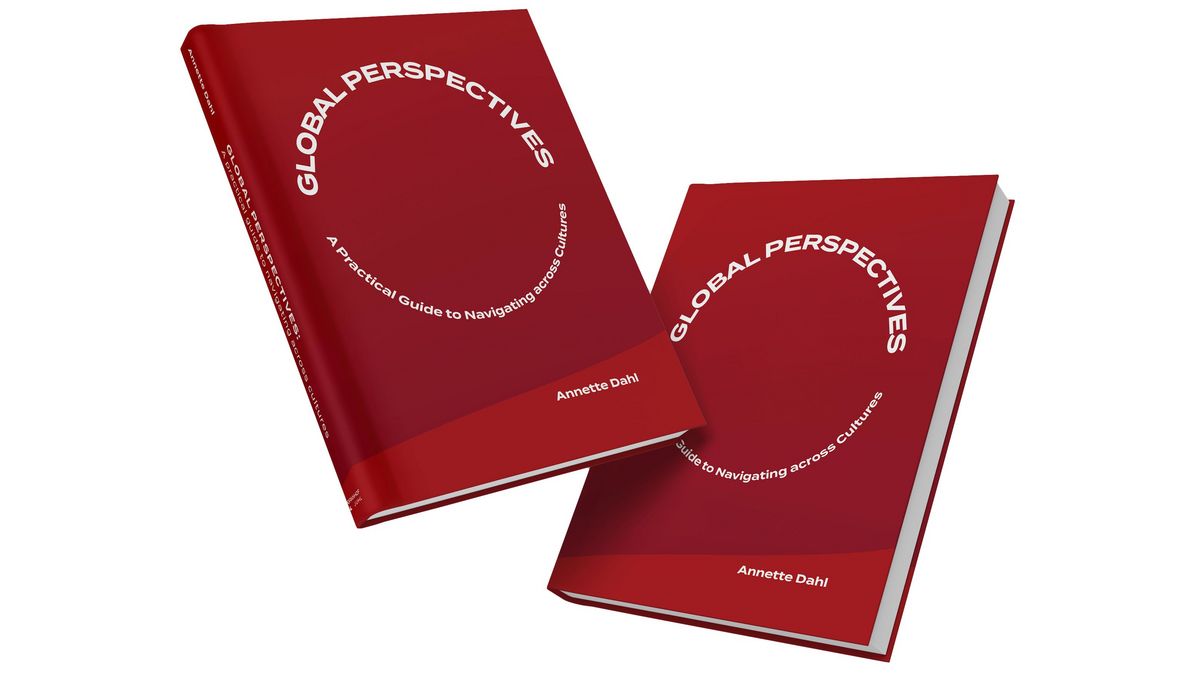
C3 Trainers Q&A Series: Meet our Hungary Country Specialist Dániel Gergely Szabó
Every C3 training programme is unique – and so are our intercultural trainers. That’s why we've asked some of our trainers 5 questions on their background and their work as C3 trainers.
This time you'll meet our Hungary Country Specialist, Dániel Gergely Szabó.
Dániel was born and raised in Hungary, but got linked to Denmark as well while studying. He has been driven by a curiosity towards different cultures ever since. With his awareness of both Hungarian and Danish culture, he is excellent at explaining the cultural differences between the countries and how to best work across them.
1. Where were you born and where do you live today?
I was born in Budapest, Hungary, and spent the first 24 years of my life living there. In 2006, I moved to Denmark to study at the University of Aarhus. I think I have been living in Denmark on and off for around 7 or 8 years and a little bit less than a year in Germany as well. Now I’m living in the San Francisco Bay Area in California.
2. What types of training do you carry out for C3 Consulting?
I've been with C3 Consulting for almost 7 years, and during that time I've been doing different kinds of trainings.
I mostly do Hungarian cultural communication trainings. This is training about Hungarian culture for Danish people – for instance, for employees of Danish companies who are collaborating with Hungarian colleagues or partners. I've also done some trainings about the opposite: Danish culture for Hungarian employees.
In addition, I've carried out cultural awareness trainings, with people of Danish and Hungarian cultural background participating, and I've had a couple of expat training sessions for Danish expats moving to Hungary. On one occasion, I was also doing a Hungarian cultural consulting job. That is less of a training session, more of a trouble shooting in a specific situation.
I really like these different kinds of trainings, and I’m very happy about having the opportunity to collaborate with C3 Consulting. I learn a lot of things while doing what I really like: cultural training and consulting.
3. What is your background for carrying out Hungarian cultural training?
The simple answer would be that I’m originally Hungarian, but of course that’s not sufficient. Hungary is a pretty mono-cultural country, so while living there I wasn’t exposed a lot to other cultures – or my exposure was based mostly on anecdotal evidence.
When I moved to Denmark this obviously changed: I got exposed to a different culture, and it made me curious. This curiosity is essential when you work with cultural training. You have to be somewhat curious.
So curiosity towards different cultures was definitely a starting point for me. Also, one of my degrees is from European Studies at Aarhus University. This includes anthropology, political science, and history, as it was an interdisciplinary study program. It has given me some very useful comparative background knowledge, especially due to the anthropological and cultural aspects that were included in the program.
4. What do you do besides cultural training?
I’m a Postdoc at Aarhus University and I work as a Research Scholar. My main tasks are to do research – with a focus on sustainable international trade and renewable energy law – and to teach and supervise students. Currently, I’m a visiting scholar at University of California Berkeley.
When I’m off work, I like to do smaller consulting projects, go hiking, and spend time together with my wife.
5. What is your best piece of advice to Danes working with Hungarians – and to Hungarians working with Danes?
There are multiple, of course, but to keep it concise, I would say three or four things.
First of all, when you as a Dane are interacting with Hungarians, be a little bit careful or a bit more restrained than you would usually be. Danes usually speak their minds, but in relation to Hungary there are certain sensitive issues and certain situations that you have to be aware of.
Secondly, keep in mind that Hungarian society is more rigidly structured, more hierarchical than Danish society. This means that there are various considerations – for instance age and gender – that strongly influence how people communicate.
My third advice must be that you have to be open to learn new things. Try to observe how people are conducting themselves and try to match it as good as you can.
A bonus advice for Danes is to be a bit curious about Hungarian culture and especially Hungarian history. Hungarians really like history, so a good way to start establishing relationships in Hungary is to know a little bit about their history – or show curiosity towards it.
As for advice for Hungarians, my best advice for working with Danes would be: don’t be afraid to speak your mind, even to challenge the boss. The societal structure in Denmark is much flatter than in Hungary, there is almost no hierarchy, and there are less risks involved when you communicate with Danes. So don’t be afraid to point out flaws – even if you're talking to your boss.
That being said, working in a Danish environment is not without certain risks. In Denmark the biggest risk is actually not saying or doing anything, so not contributing to the conversation or the benefit of the company. So you have to be proactive: besides contributing on meetings you have to actively pursue the information and other necessities you need to complete your tasks. It’s better if you try and fail than if you don’t try at all.
My final advice is: don’t be easily offended when communicating with Danes. Many of them communicate very directly and informally, which can be somewhat odd or even offensive for Hungarians. But Danes don’t mean this in a hostile or rude way, this is just the way they communicate – you shouldn’t read much subtext into it.

